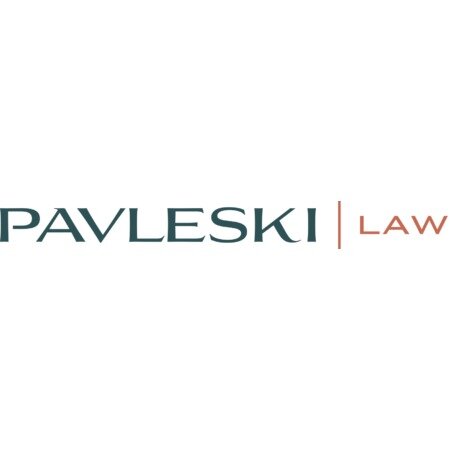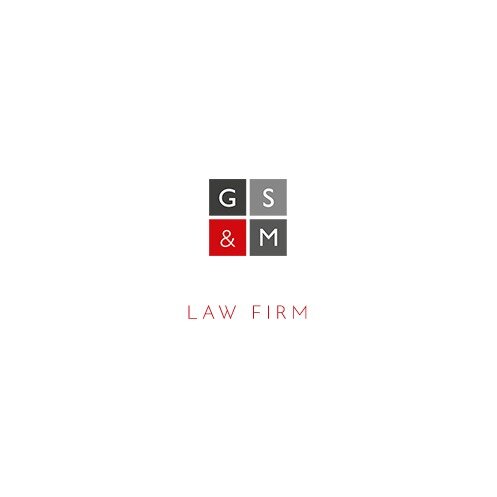Best Child Abuse Lawyers in Serbia
Share your needs with us, get contacted by law firms.
Free. Takes 2 min.
Free Guide to Hiring a Family Lawyer
Or refine your search by selecting a city:
List of the best lawyers in Serbia
About Child Abuse Law in Serbia
Child abuse in Serbia is recognized as a significant social and legal issue. Serbian law strictly prohibits all forms of child abuse and has frameworks in place for prevention and intervention. The legal system defines child abuse to include physical, emotional, and sexual abuse, along with neglect and exploitation. Efforts by governmental bodies and non-governmental organizations focus on ensuring the protection and welfare of children in all settings, including at home, in schools, and in institutions.
Why You May Need a Lawyer
Individuals may need legal assistance in child abuse cases for several reasons:
- Reporting Abuse: Victims or witnesses may seek legal advice on how to report abuse and what legal processes follow.
- Defending Accusations: Those wrongly accused of child abuse may require a defense lawyer to navigate legal proceedings and clear their name.
- Child Custody Disputes: Allegations of abuse can heavily impact child custody cases, requiring legal intervention to protect the child's best interests.
- Seeking Protection Orders: In situations of abuse, obtaining a protective order may be necessary to ensure the child's safety and well-being.
- Foster Care and Adoption Issues: Legal guidance is often needed in cases where child abuse impacts foster care or adoption proceedings.
Local Laws Overview
Serbian law comprehensively addresses child abuse, with key aspects including:
- Criminal Code: The Criminal Code of Serbia includes provisions for prosecuting various forms of child abuse, with severe penalties for offenders.
- Family Law: The Family Law ensures protective measures for children, dealing with custody, guardianship, and protection from family violence.
- Strategies and Action Plans: National strategies are developed to systematically address child protection, aiming to reduce instances of abuse through awareness and prevention programs.
Frequently Asked Questions
What constitutes child abuse under Serbian law?
Child abuse includes any action or lack of action that results in harm or risk of harm to a child, covering physical, emotional, and sexual abuse, and neglect.
How can I report child abuse in Serbia?
Child abuse can be reported to the local police, social welfare centers, and non-governmental organizations dedicated to child protection.
What happens after child abuse is reported?
Authorities conduct investigations, during which children may receive protective services, and legal proceedings may be initiated against the alleged abuser.
Are there specific units that handle child abuse cases in Serbia?
Yes, there are dedicated child protection units within the police and social services that handle such cases with specialized care and expertise.
Can I anonymously report child abuse?
Yes, anonymous reporting is possible and encouraged to ensure child protection without endangering the reporter.
What legal protections are available for child abuse victims?
Victims can receive confidentiality, counselling, medical assistance, and legal protection measures like restraining orders.
Can children be called to testify in abuse cases?
While children may be required to provide testimony, procedures are in place to minimize trauma and ensure their comfort and protection.
Is there any legal aid available for individuals involved in child abuse cases?
Serbia offers legal aid to individuals in need, particularly focusing on vulnerable groups such as children and low-income families.
How are child abusers punished in Serbia?
Punishments can vary depending on the severity of the abuse, ranging from fines to long-term imprisonment.
Are there rehabilitation programs available for child abusers?
Yes, there are rehabilitation programs aimed at addressing the behavioral and psychological issues of offenders to prevent recurrence.
Additional Resources
Here are some valuable resources and organizations for those seeking help with child abuse issues in Serbia:
- Ministry of Family Care, Welfare, and Demography: Oversees child protection policies and services.
- Social Welfare Centers: Offer support and services for abused children and their families.
- Child Rights Centre: A non-governmental organization focused on promoting and protecting the rights of children.
- UNICEF Serbia: Provides resources and support for child protection initiatives.
- ASTRA: A local NGO that works on addressing human trafficking, including cases involving children.
Next Steps
If you or someone you know needs legal assistance in a child abuse case, it is crucial to act promptly:
- Contact a Lawyer: Seek out legal experts specializing in family or criminal law with experience in child abuse cases.
- Document Everything: Keep detailed records of incidents and communications related to the abuse.
- Engage Authorities: Report the abuse to local law enforcement or social services to initiate protective measures.
- Seek Support: Utilize social services and support groups to receive guidance and emotional support.
Lawzana helps you find the best lawyers and law firms in Serbia through a curated and pre-screened list of qualified legal professionals. Our platform offers rankings and detailed profiles of attorneys and law firms, allowing you to compare based on practice areas, including Child Abuse, experience, and client feedback.
Each profile includes a description of the firm's areas of practice, client reviews, team members and partners, year of establishment, spoken languages, office locations, contact information, social media presence, and any published articles or resources. Most firms on our platform speak English and are experienced in both local and international legal matters.
Get a quote from top-rated law firms in Serbia — quickly, securely, and without unnecessary hassle.
Disclaimer:
The information provided on this page is for general informational purposes only and does not constitute legal advice. While we strive to ensure the accuracy and relevance of the content, legal information may change over time, and interpretations of the law can vary. You should always consult with a qualified legal professional for advice specific to your situation.
We disclaim all liability for actions taken or not taken based on the content of this page. If you believe any information is incorrect or outdated, please contact us, and we will review and update it where appropriate.
Browse child abuse law firms by city in Serbia
Refine your search by selecting a city.

















